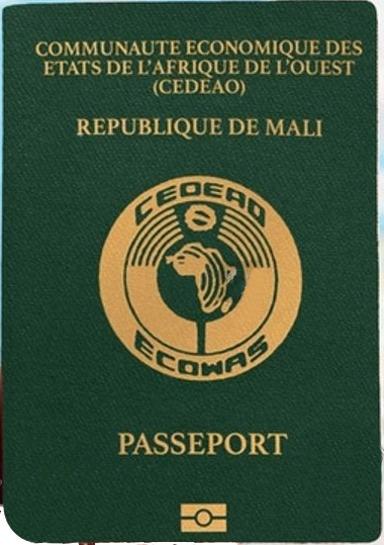Visa free access for Mali
As a Mali passport holder, you are permitted to travel visa-free to 92 countries and territories. This data is correct as of March 2024.
In order to travel visa-free, you will need a valid passport, often with at least six months until expiry. Additionally, you may need travel insurance, as required by your destination country.
Within these countries, there is often a separate section in airports where you can submit your Visa on Arrival. You will receive your visa on arrival (VOA) after entering the country that issued the visa.
Acquiring an eVisa follows the same process as applying for a traditional visa. The main difference with an eVisa is that you don’t need to visit a visa application centre. You can submit your application online, including making any payments relating to the visa.
Once the relevant authorities approve your application, you will receive a confirmation email regarding your visa status, along with a document that you must print and bring with you when crossing the border.
You will need a valid visa to enter the 92 countries with a Mali passport.
About Mali
Mali, located in West Africa, is a landlocked country known for its rich history and diverse culture. It has a population of approximately 19.66 million people, with Bamako as its capital city. The country is renowned for its ancient cities like Timbuktu and Djenne, which were once significant centers of Islamic culture and trade.
Mali’s climate is predominantly hot and dry, with a rainy season that lasts from June to October. The country is mostly flat, with desert or savannah landscapes. It’s home to the Niger River, which is a vital source of livelihood for many Malians.
The culture of Mali is heavily influenced by its ethnic diversity. The country is a mosaic of different tribes and languages, each with unique traditions, music, and art. The Malian music, particularly the genre known as “desert blues,” has gained global recognition.
Economically, Mali relies heavily on agriculture and mining. It’s one of Africa’s largest gold producers and also exports cotton and livestock. However, the country faces significant economic challenges, including high poverty rates and a lack of infrastructure. Despite these challenges, Mali’s rich cultural heritage and natural beauty make it a fascinating destination.

 Mali
Mali




































































































































































































